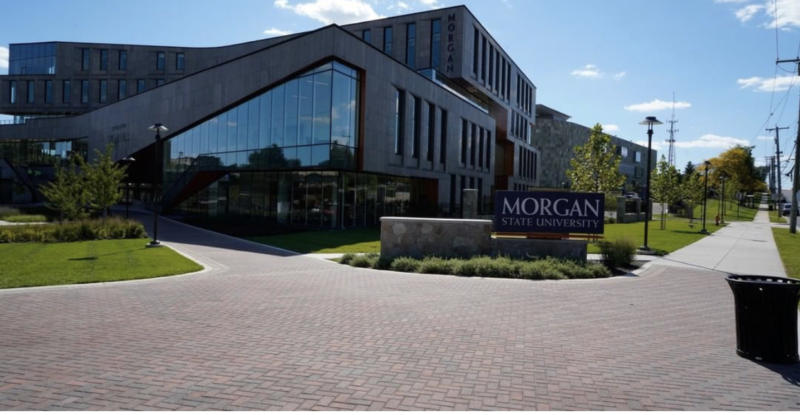Historically speaking, HBCUs have long prided themselves on their community involvement and deep ties to local areas they occupy.
A 2017 report commissioned by UNCF’s Frederick D. Patterson Research Institute previously shared that HBCU institutions have generated over 130,000 jobs both locally and regionally for their home states and make up $14.8 billion in economic impact, according to a press release.
Now this week, a new independent study ordered by Baltimore’s own Morgan State University shows that the HBCU currently accounts for $1.1 billion generated in annual financial impact on Maryland and $640 million within Baltimore City.
Morgan fiscal footprint leaves lasting economic and community impression in Maryland and Baltimore, more than $1B impact in state and $640M in Baltimore – Read More 👉🏾 https://t.co/yvMwoLBPVr
#MorganMomentum #EconomicImpact— Morgan State University (@MorganStateU) January 25, 2021
The new study — conducted by national economic consulting firm Econsult Solutions, Inc. (ESI) — also shared findings that reveal an 11.1 percent increase in statewide impact and an 11.5 percent increase in citywide impact since the University’s last commissioned study back in 2018.
Additionally, this study found that Morgan State University has been responsible for creating 6,900 jobs statewide and nearly 4,200 within the city, which account for $558 million in Maryland wages and $188 million in Baltimore.
This report not only proves the worth of HBCUs to Black students and families, but also how these historic institutions can positively impact the state economically as it greatly contributes to its local communities.
“The findings of this latest Economic Impact Update Report validate what we here at Morgan know all too well, that our university is, without question, unrivaled in its ability to impact lives, transform communities and spur economic progress that elevates not only the individual but our society as a whole,” said University President David Wilson in a press statement. “We look forward to continuing to uphold our mission by producing results that make a difference while offering a tangible and measurable return on the investment that has been made into Morgan.”
Morgan — Maryland’s largest HBCU — has long since been credited for its outstanding commitment to providing affordable, world-class instruction while also addressing the needs and challenges of those who have found it difficult to pursue a higher education.
Since it was first founded in 1867, Morgan has produced more than 55,700-degree candidates and created a huge presence in its northeast Baltimore community for its economic and community investments.
Today, it continues to be helmed as a staple in Baltimore and Maryland’s respective communities.
“Thanks to the commitment of the dedicated people we have working at the University, such as Mr. Wayne Swann and his OTT team and the members of our outstanding faculty, Morgan’s outlook is very bright,” said Willie E. May, Ph.D. — vice president for the Division of Research and Economic Development at Morgan — in a statement. “As we continue the ascension to becoming a top-tier research university, I look forward to the progression of our tech transfer and economic development efforts which will undoubtedly lead to an ever-increasing social and economic impact throughout Baltimore City and the state of Maryland.”
For more information about this new report, click here.

